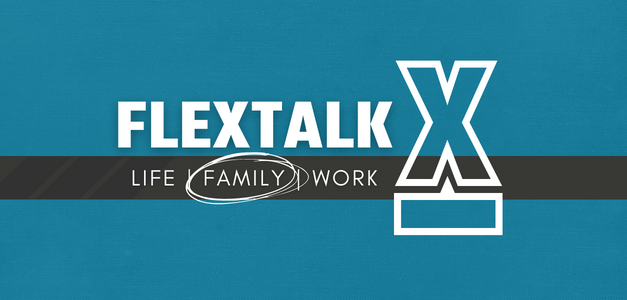When you’re going through a divorce with your spouse, and you have children, there are more than two people involved in the situation. The emotional and psychological impacts of divorce on your children cannot be overlooked. It’s important to recognize that you must prioritize your children’s needs to ensure their well-being during this transitional period. Safeguard your child’s emotional resilience and stability by learning how to protect their mental health in a divorce.
Maintain Open Communication
Talking openly with your child about the changes happening in the family can provide them with much-needed reassurance. Encourage them to express their feelings and ask questions. This dialogue should be honest yet age-appropriate, allowing them to feel heard and understood. Remember that listening is just as important as speaking when it comes to fostering trust and comfort.
Seek Professional Help
Sometimes, professional guidance can make a world of difference. Therapists and counselors specializing in family dynamics can offer valuable support and tools tailored to your child’s specific needs. Don’t hesitate to reach out for help. It’s a proactive step toward ensuring your child’s emotional stability during this period of change.
Foster a Supportive Environment
A nurturing home environment is essential for your child’s mental health. Create routines and traditions that bring comfort and a sense of normalcy. Encourage positive relationships with family members and friends who can provide additional emotional support. These supportive networks are vital for helping your child adjust and thrive.
Shield Them From Conflict
It’s crucial to keep your child away from any disputes or hostility between you and your partner. Witnessing conflict can heighten anxiety and confusion for children. Instead, strive for peaceful coexistence, at least in front of the kids. This approach will help maintain a stable and stress-free environment for their development.
Avoid Making Them Choose Sides
Your child should never feel torn between parents. This can lead to emotional distress and long-lasting impacts on their mental health. Understand why you shouldn’t make your child choose in a divorce. Instead, allow them to have meaningful relationships with both parents. This balance is key to their overall well-being.
Knowing how to protect your child’s mental health in a divorce can ease the transition for everyone involved. Create a healthy foundation for your child’s well-being during this major transition.
- What methods have you used to maintain open communication with your child during difficult?
- How have you ensured stability for your child amid life changes?
- What has been your experience with seeking professional help for your child during a divorce?
- How do you create a supportive environment for your child, and who helps in this effort?
- How have you managed to shield your child from parental conflict?


